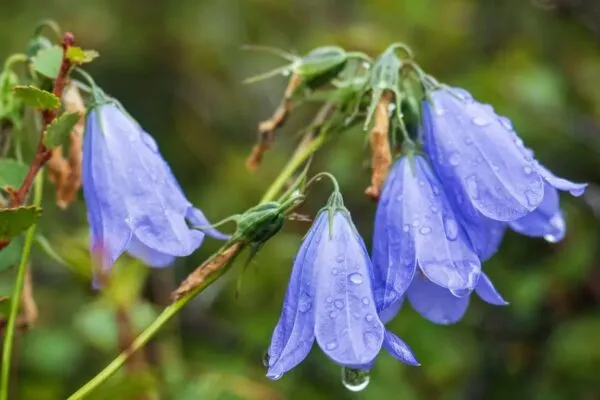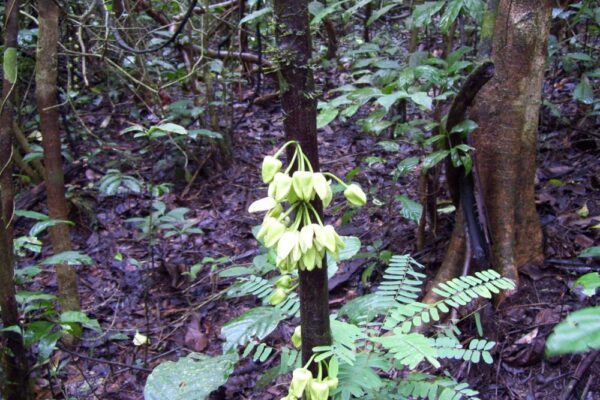Unusual Southeast Asian Herbal Plants Impacting People Globally
From coriander to tamarind, herbs are benefitting the world with their medicinal goodness
Natural plants have long been used for their medicinal properties throughout human history. Asian countries, especially Southeast Asian nations, have played a prominent part when it comes to herbal remedies. Southeast Asian plants and their various extracts have taken western countries by storm.
Their emergence in the global platform at the end of the 20th century has opened up several avenues for a natural defense mechanism against disease and infection. They are being used in different combinations to deal with numerous health issues and develop a healthier metabolism in the world of modern medicine.
You might have seen companies selling popular products like CBD tincture, tulsi oil, ashwagandha extracts, etc., offline and online. However, there are many herbs that are gaining popularity in western countries in recent times, yet the natives have been using them for centuries. Here is an insight into 4 healing herbs from Southeast Asia that you may have heard of but are still oblivious to their benefits.
4 Healing Herbs from Southeast Asia
Upon reading the term healing, we assume it means curing a disease. But that is not always the case. The following herbs have been used for ages to boost one’s metabolism. As a result, the chances of getting a disease decrease when a person has a healthy body and mind. Many people use these herbs to improve the taste of food, but unbeknownst to us, we are enjoying their various health benefits.
Read on to learn more about these flora species and their benefits.
Coriander
If you are from an Asian nation, this herb is a must in some of the most delicious dishes as the final garnish. If you are from the West, you must have come across this condiment while trying Asian or Indian cuisines.
Romans brought it from Egypt as a flavoring agent for their bread. Coriander has been present in ancient civilizations of Egypt and Macedonia. People even placed it on the tomb of Tutankhamun to use it in his afterlife. It is widely cultivated in Western Asia and Southern Europe.
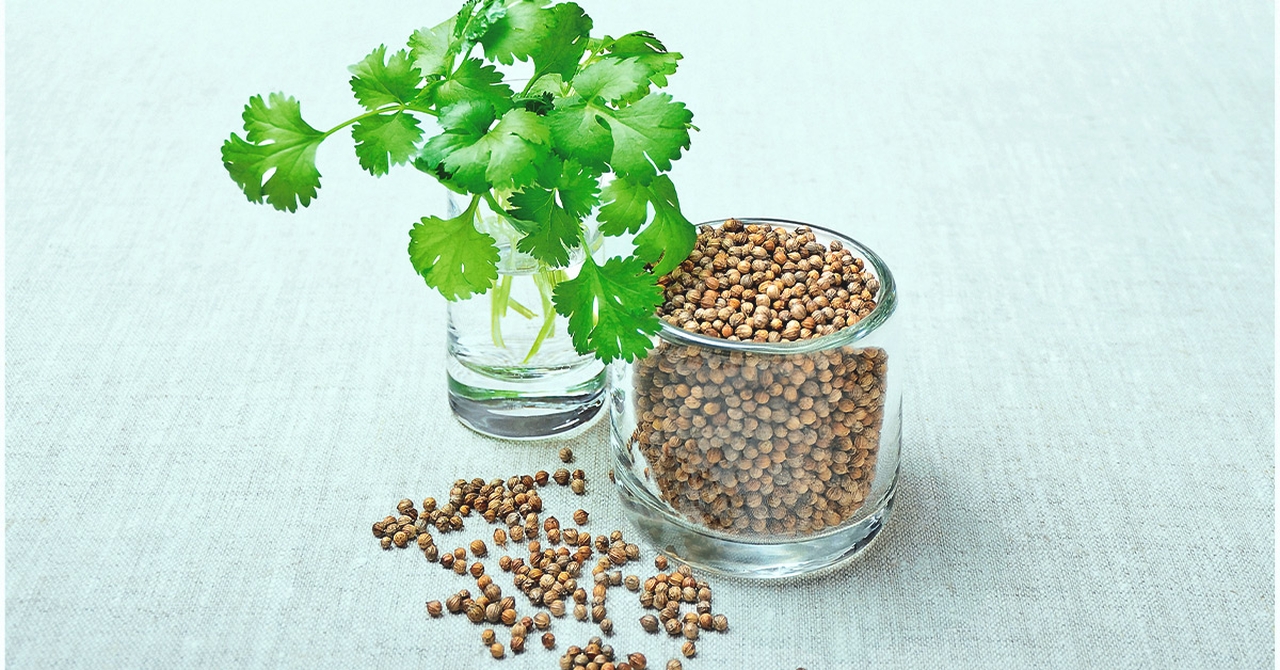
Image: Healthline
In traditional Chinese medicine, people used Coriander to help with the upper respiratory tract, eyes, ears, and throat diseases. A study published in 2018 talks about the anti-diabetic activity of coriander extracts which are now highly consumed, globally.
Lemon Grass
Lemon grass is another popular herb that is gaining massive popularity in Western countries. In Asian countries, lemon grass has found a place as an herbal medicine for 5000 years. Although not much concrete evidence and studies are available, people often use lemon grass and its extract as a wellness product.
Due to its 70% citral content, lemon grass can act as an antifungal, antibacterial, and antimicrobial substance. The herb is also a fantastic source of antioxidants that may help reduce inflammation and repel insects when added to surfactants.
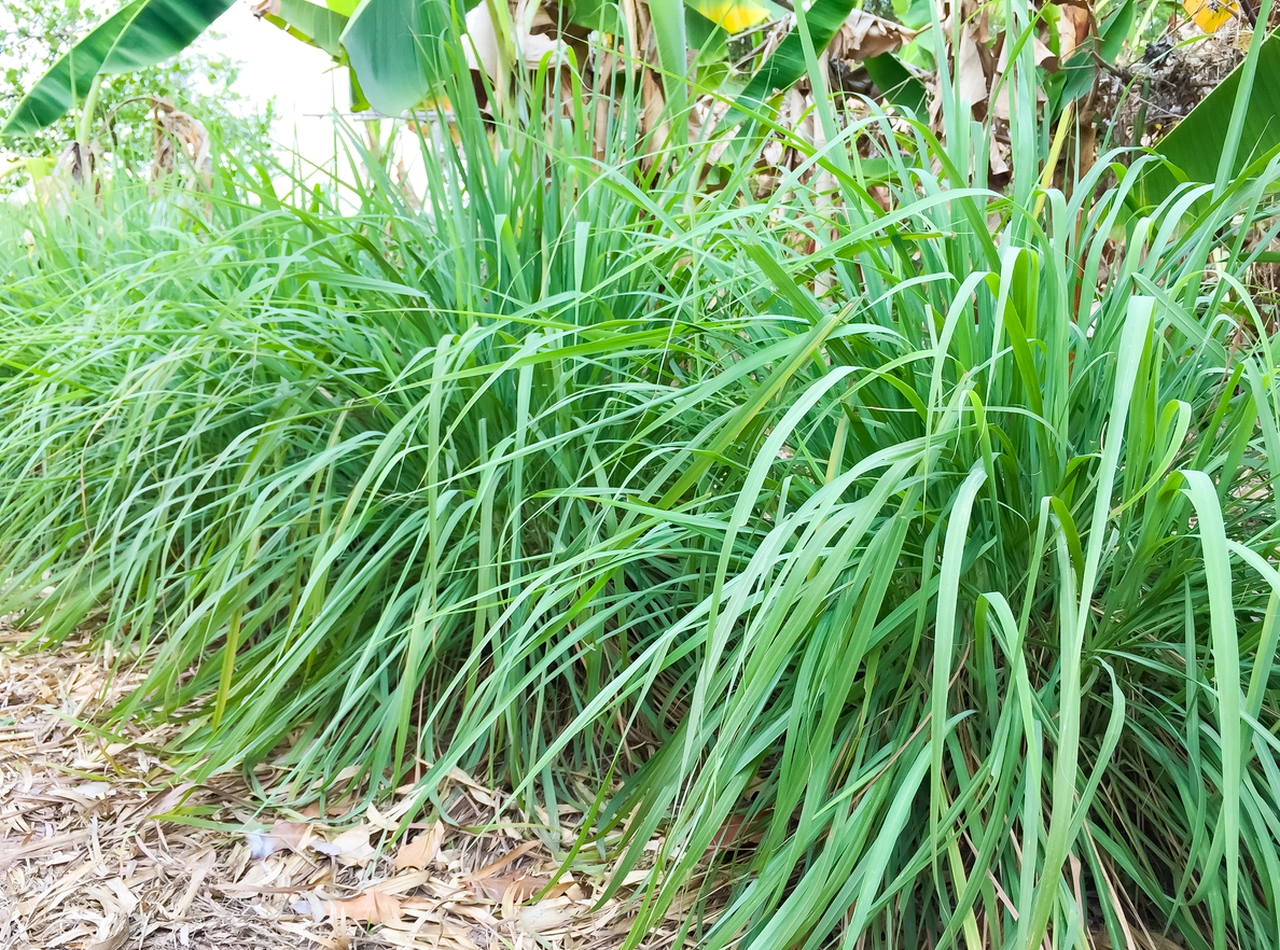
Image: Diys
Also Read: Tulasi Gowda, The Padma Shri Awardee Who Planted Countless Trees
People who use lemongrass traditionally as an herbal product believe the citral content may help reduce fever and control diabetes. In addition, due to the high presence of flavonoids and phenolic compounds, lemon grass is a fantastic source of vitamins and minerals.
In Laos, people use lemongrass to eliminate cold and intestinal problems. In addition, people use the roots and leaves of the plant as a diuretic and diaphoretic agent. Thus it helps the body eliminate toxic materials through sweating and frequent urination.
Leprous Lime
Leprous lime is native to Southeast Asia and South China. The term “leprous lime” comes from a Malay name, limau purut, which means “rough-skinned lime.” This plant has been often used with other herbs such as lemon grass and was utilized as decoctions, or in herbal baths to ease the pains after childbirth.
The leaves of this plant can be found in essential oils that claim to help with cardiovascular health. Due to a lot of Vitamin C, the leprous lime extract can help maintain healthy skin and blood vessels and protect the cells. It may also aid in rushing up the wound-healing process.
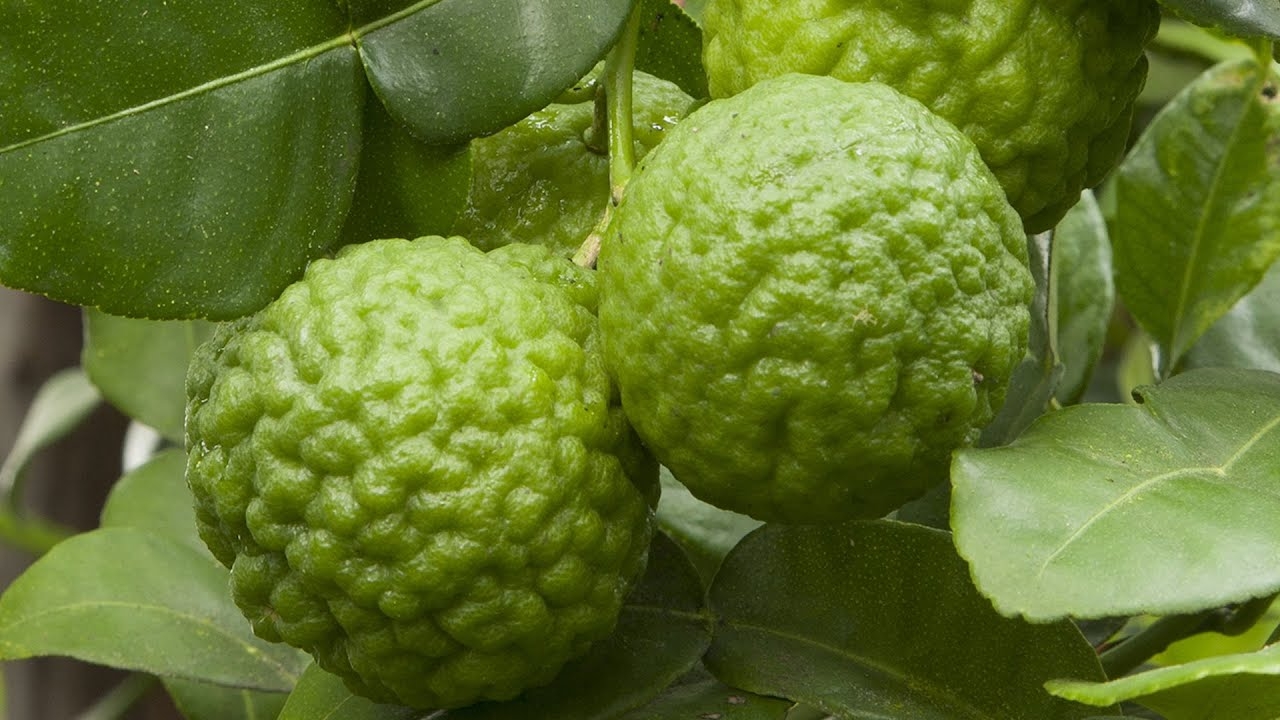
Image: Logees Plants
The people of Asia and Southeast Asian countries also use these herb extracts to deal with constipation and boost immunity. In addition, many believe that it helps relieve stress, headaches, and fatigue.
These properties are now being studied at various universities globally to establish solid proof regarding the effects on the human body. Researchers have discovered that the essential oil of the leprous lime extracted from its peel and leaves can prevent certain bacterial growth.
Tamarind
Tamarind is one of the most extensively used ingredients in Indian cuisine. It is not just for the taste or looks it offers but also for the possible health benefits you get from consuming tamarind. Being tangy in taste, it is used in drinks and local beverages to help with digestion. It has been recorded that this plant has laxative and tonic qualities as it is used in Burmese traditional medicinal practices.
People make a paste from the kernels of this plant that act as an excellent choice for dealing with stomach problems like diarrhea and dysentery. The natives often use Tamarind paste to reduce the pain and inflammation caused by scorpion stings.
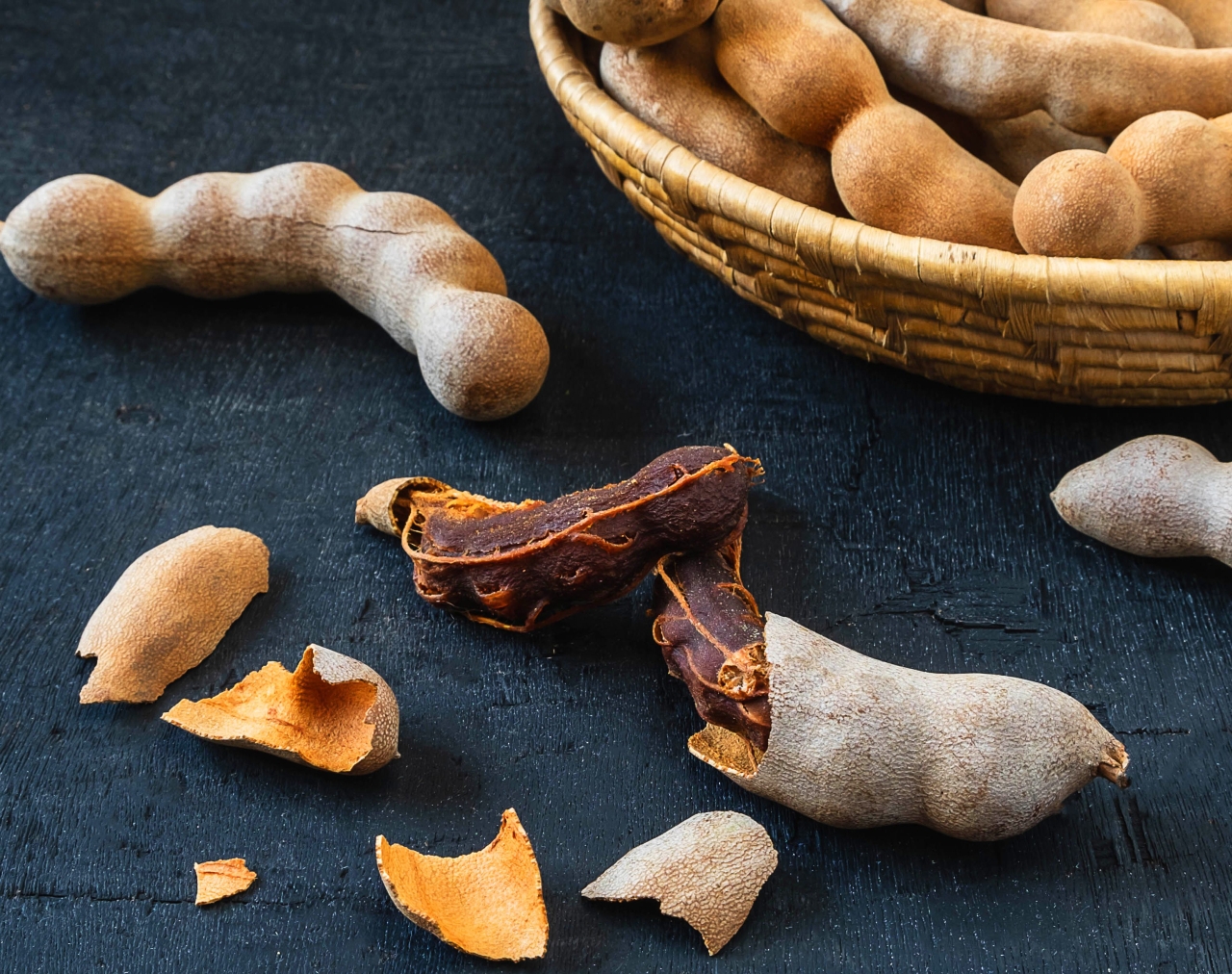
Image: BBC Food
Also Read: Solicitous Eco-Warriors Who’ve Been Planting Forests on Their Own
Some individuals often crush the leaves of the Tamarind plant to make a juice that they believe may help people with urinary problems. In some places, people use the juice of the tamarind leaves with sesame oil to help reduce earache. In some parts of Asia, Tamarind is mixed with some other herbs to aid in reducing menstruation cramps, a prevalent problem globally. The fruit may also help in reducing fever and body pain.
Conclusion
People have used these plants for centuries to deal with various health problems. Apart from the healing herbs from Southeast Asia we have mentioned above, there are a lot of other herbs that act as excellent wellness products.
From silky hair to dealing with diarrhea, you name the problem, and these traditional products have a solution. However, products with these herbs or their extracts may not suit everyone. Nonetheless, people have used these plants for eons to boost their immunity, and we are sure it would also be highly beneficial for you.
